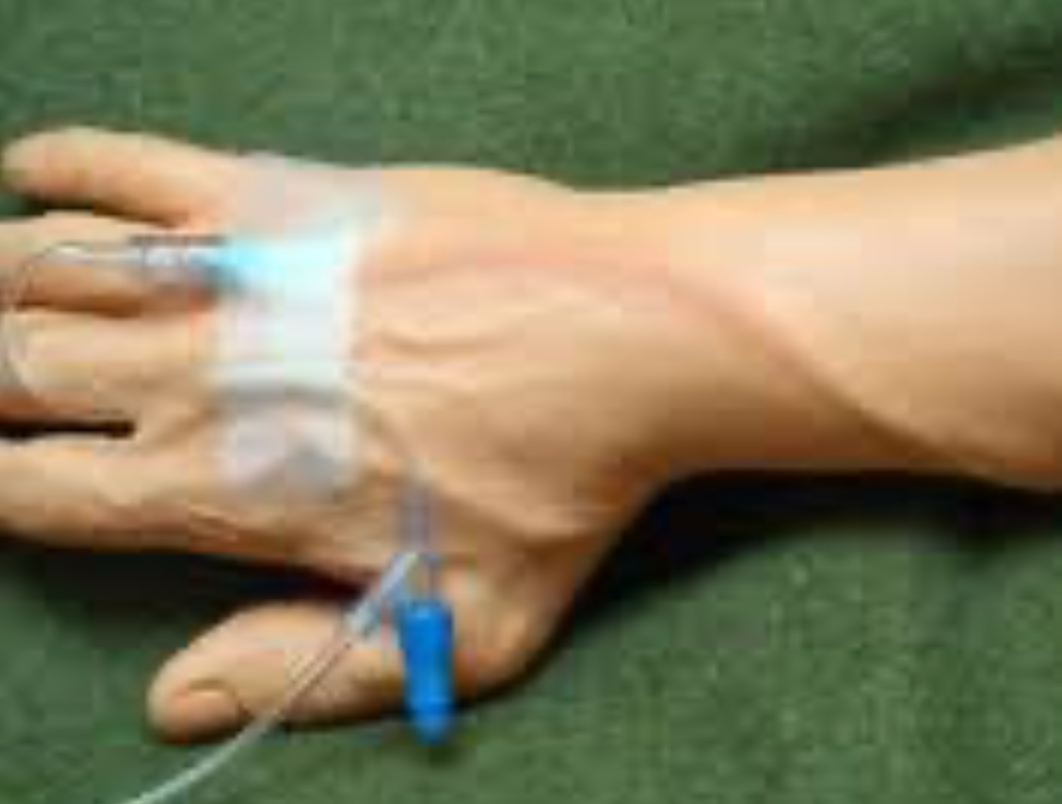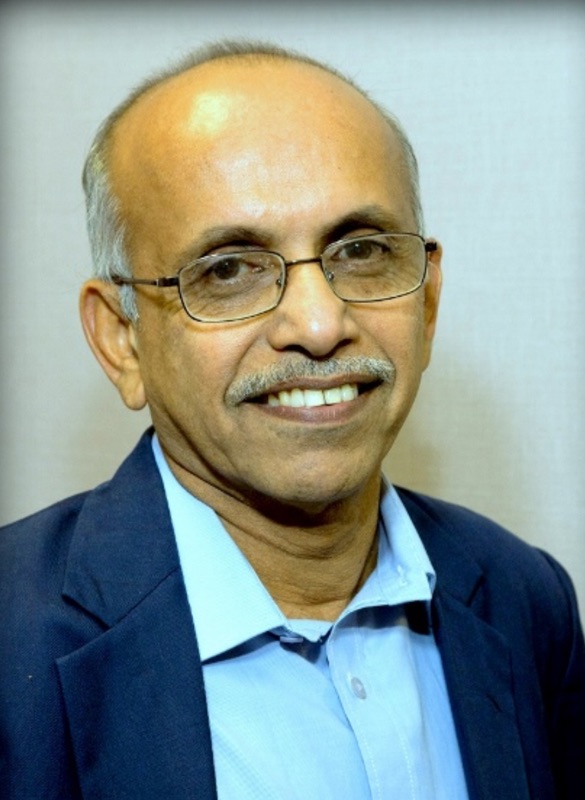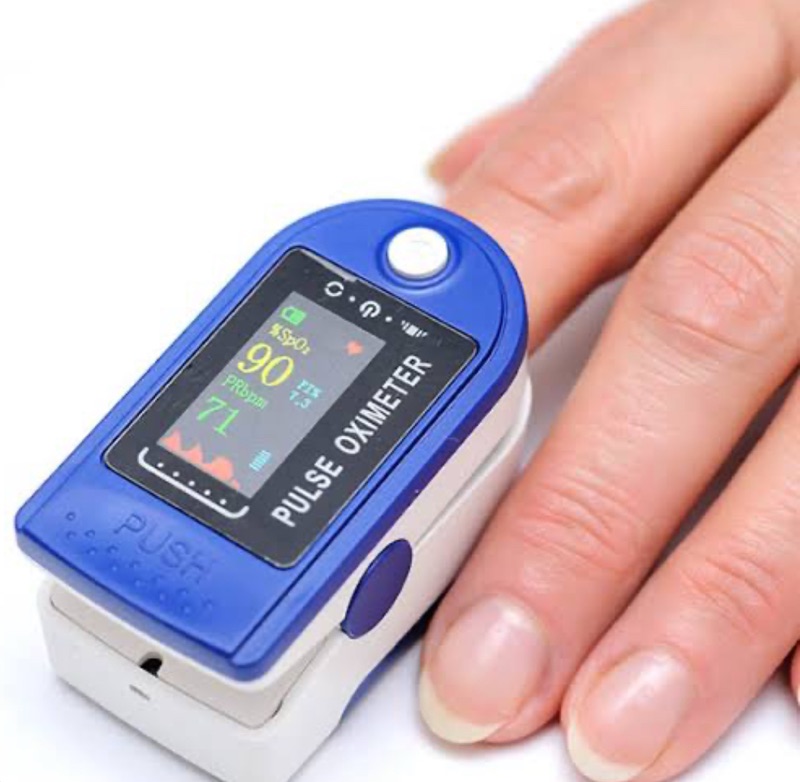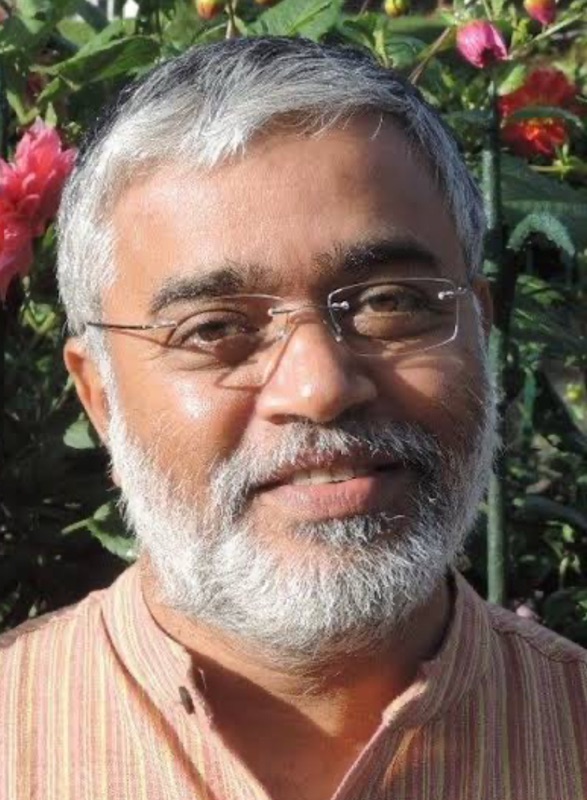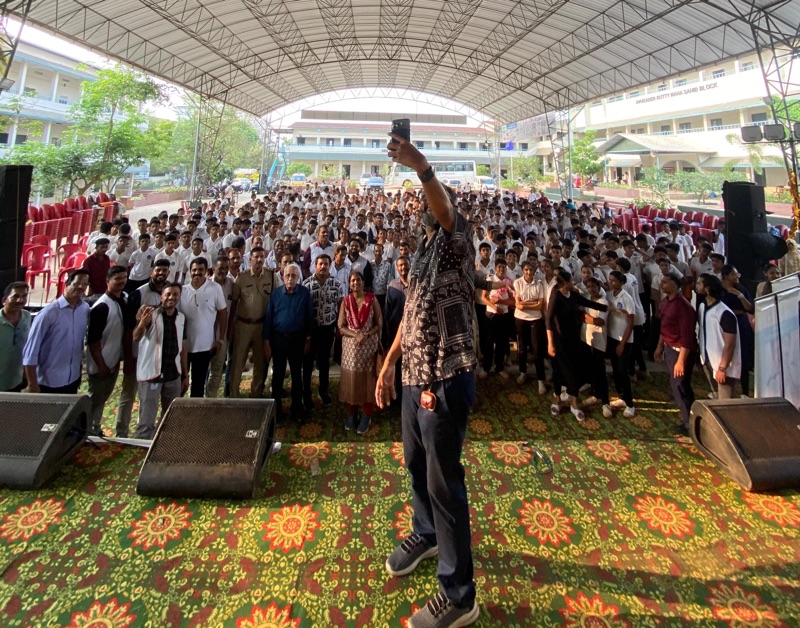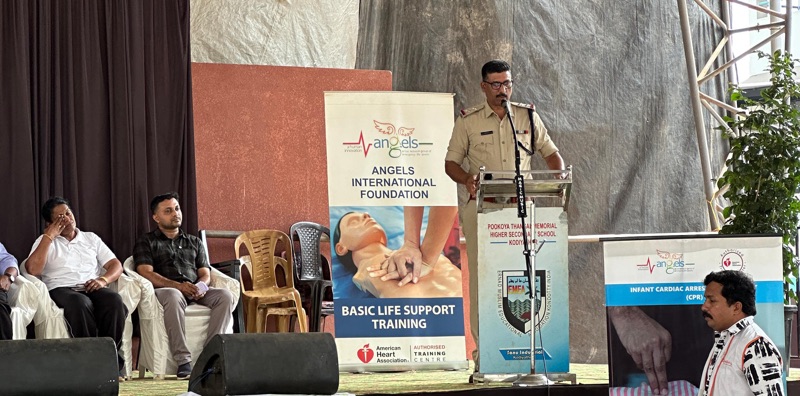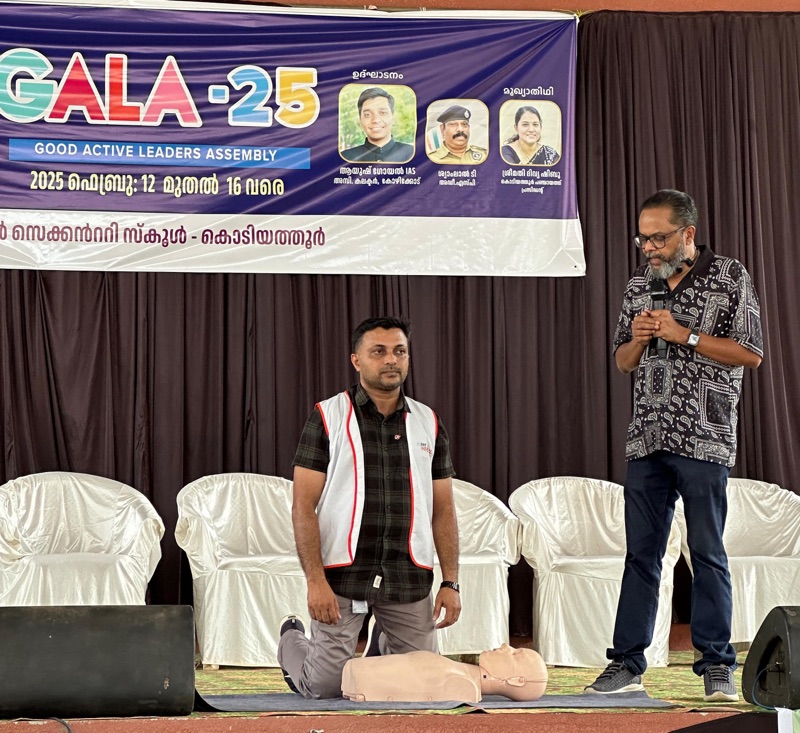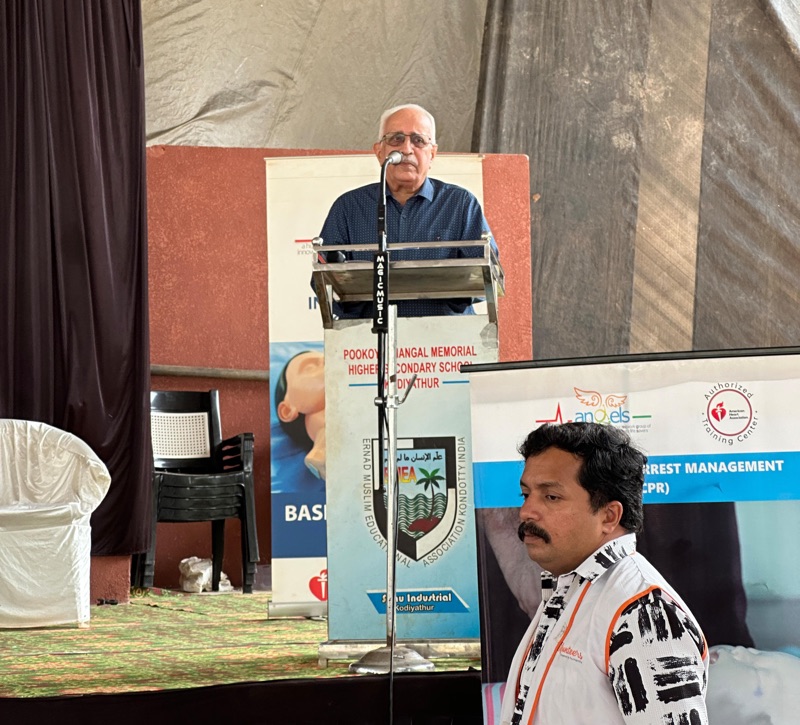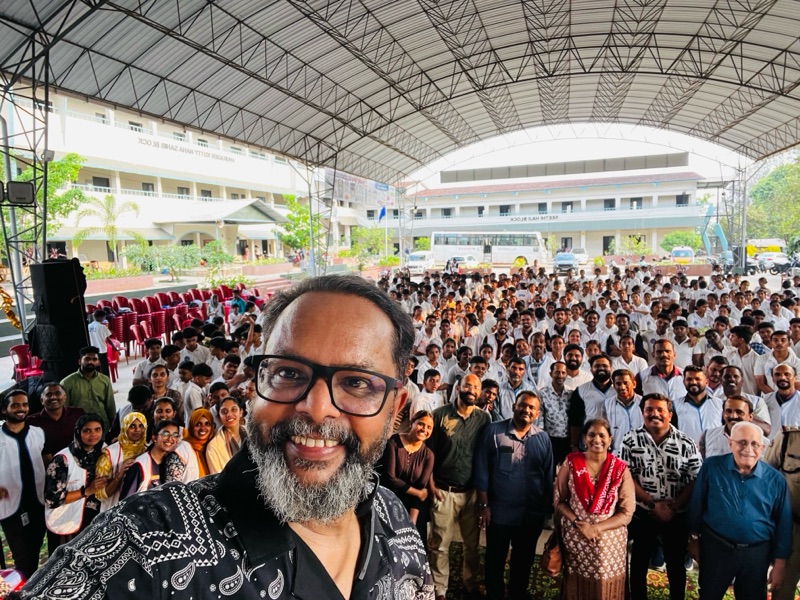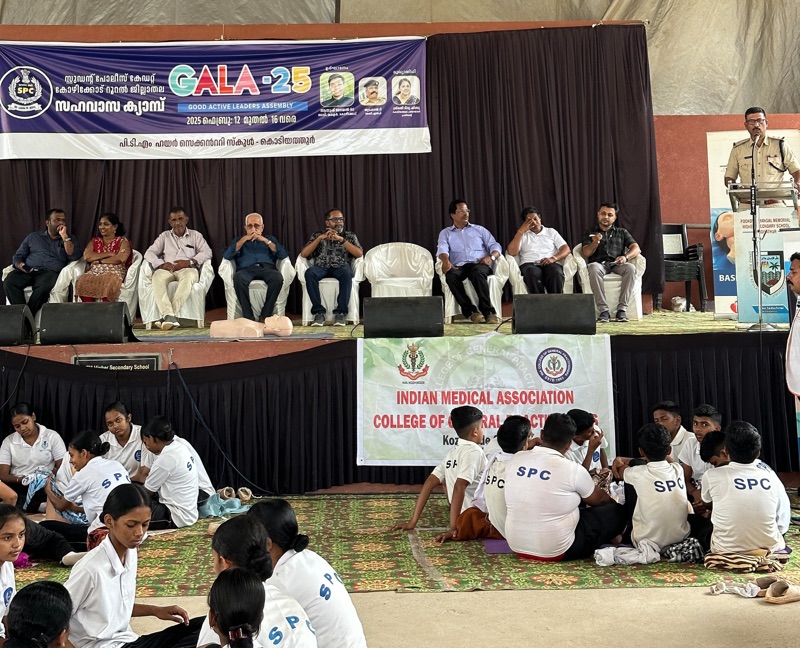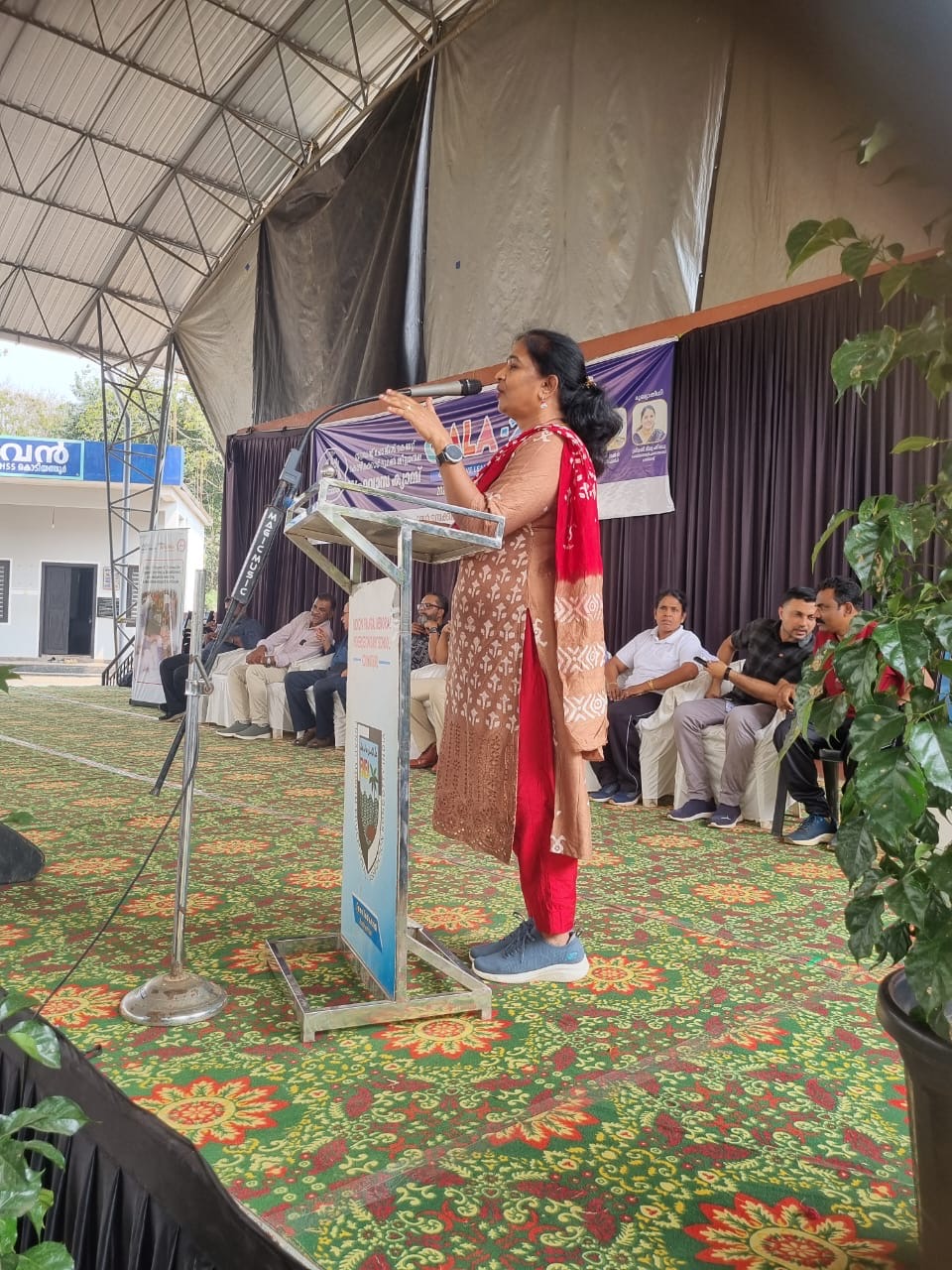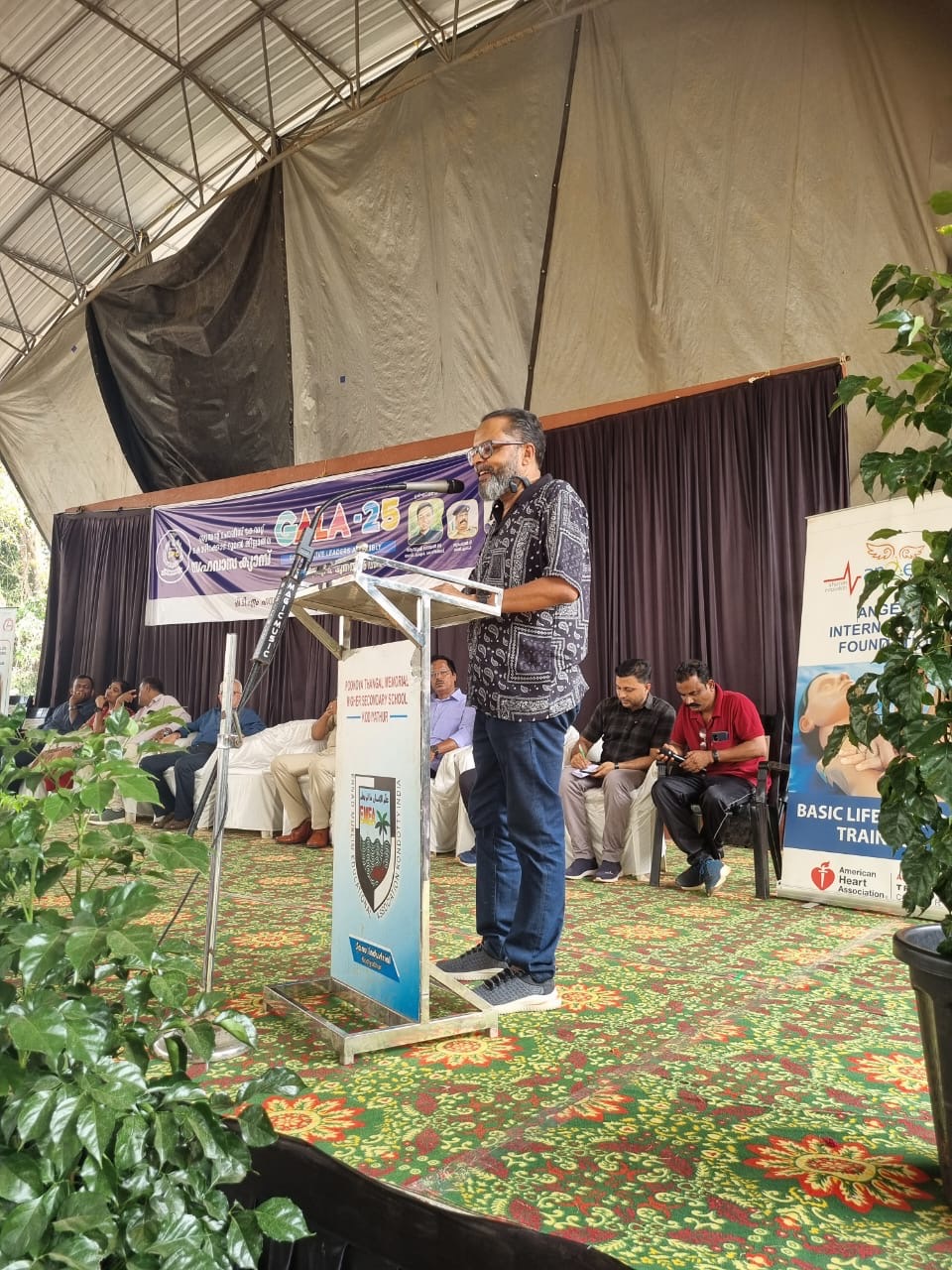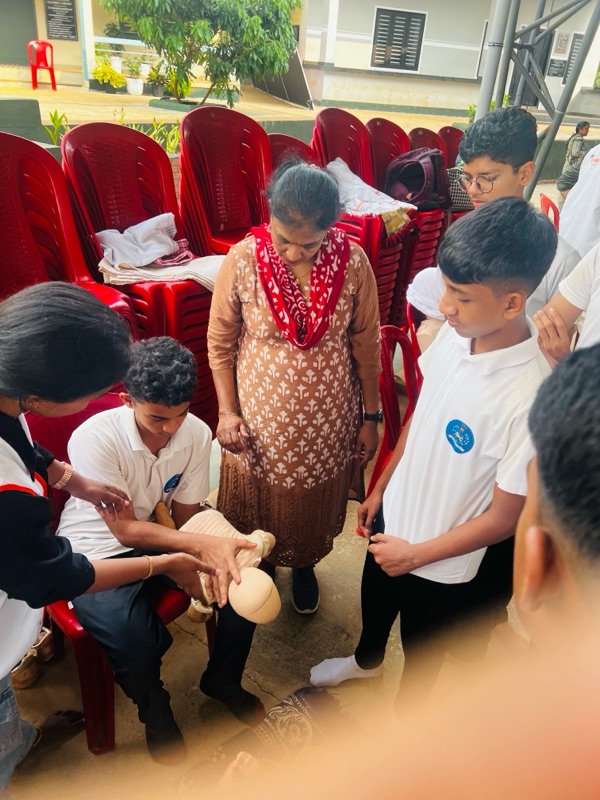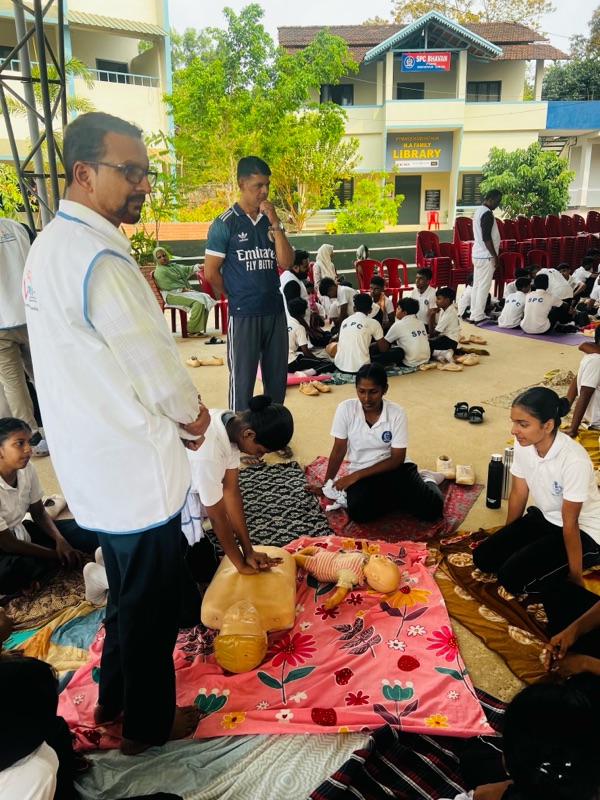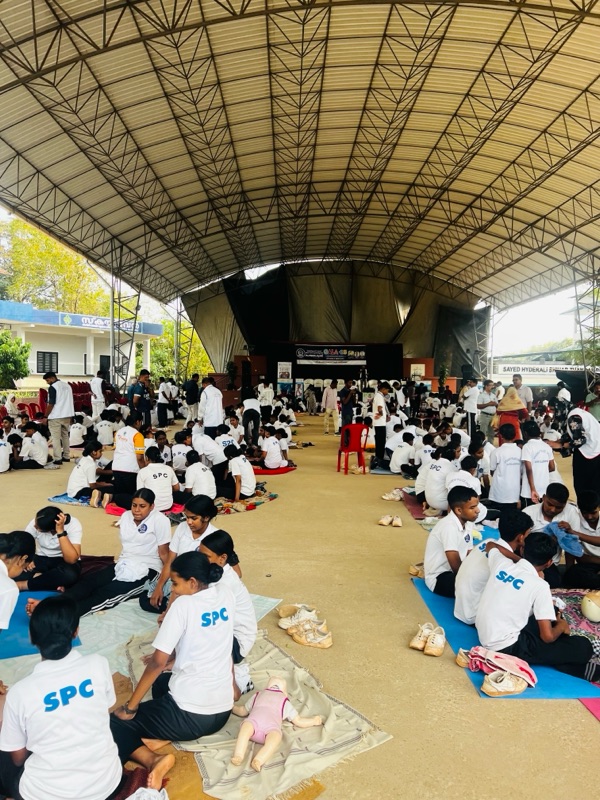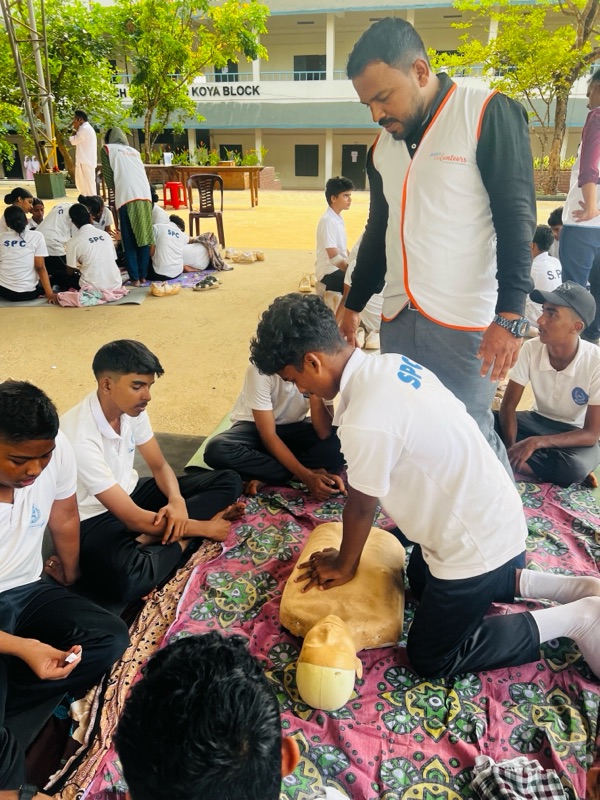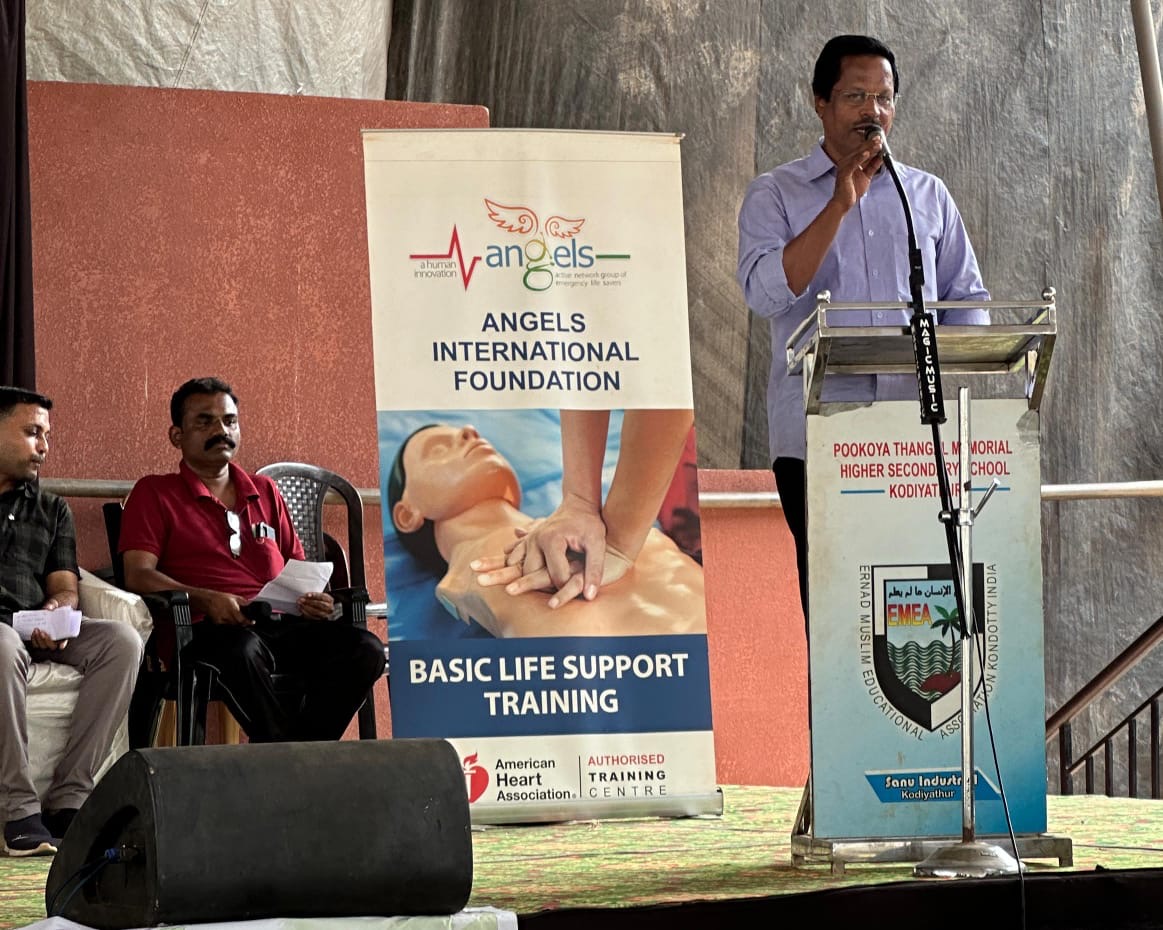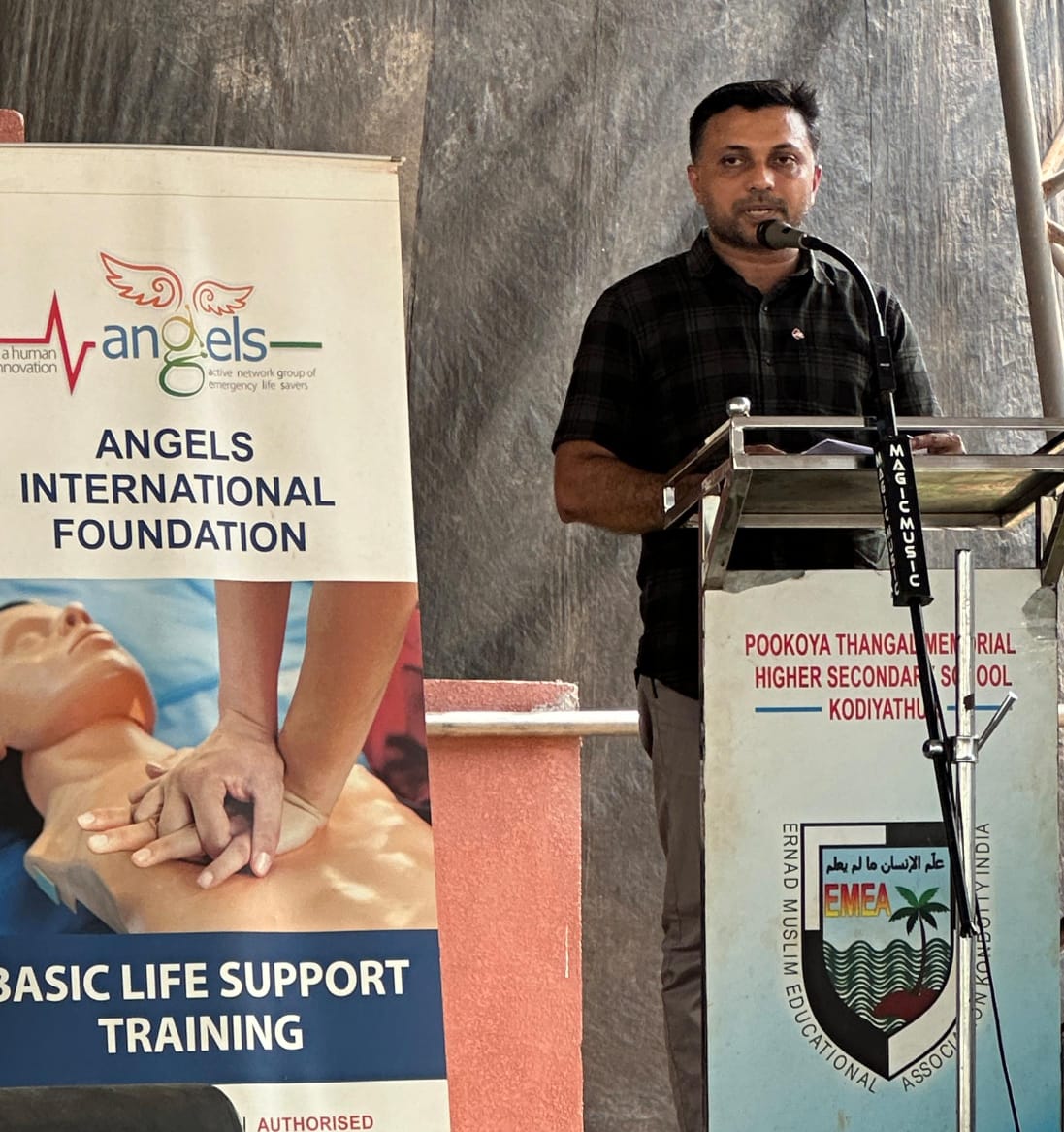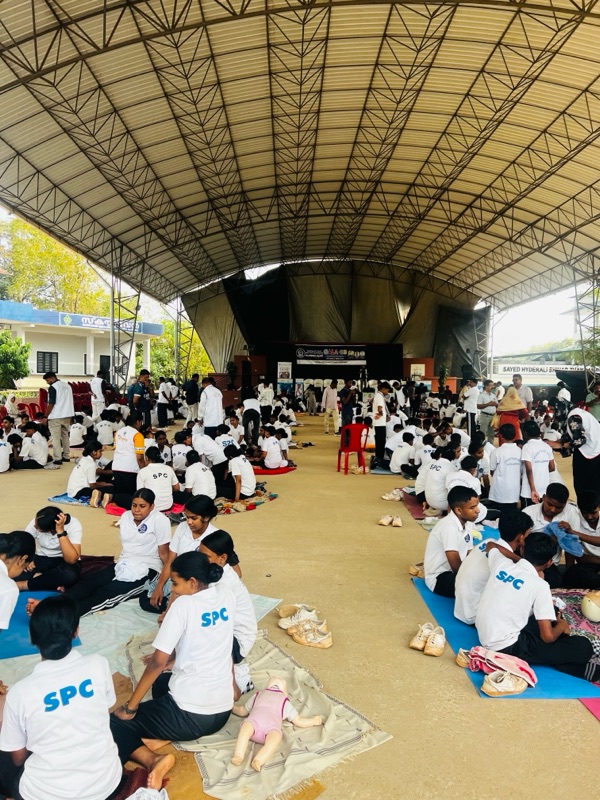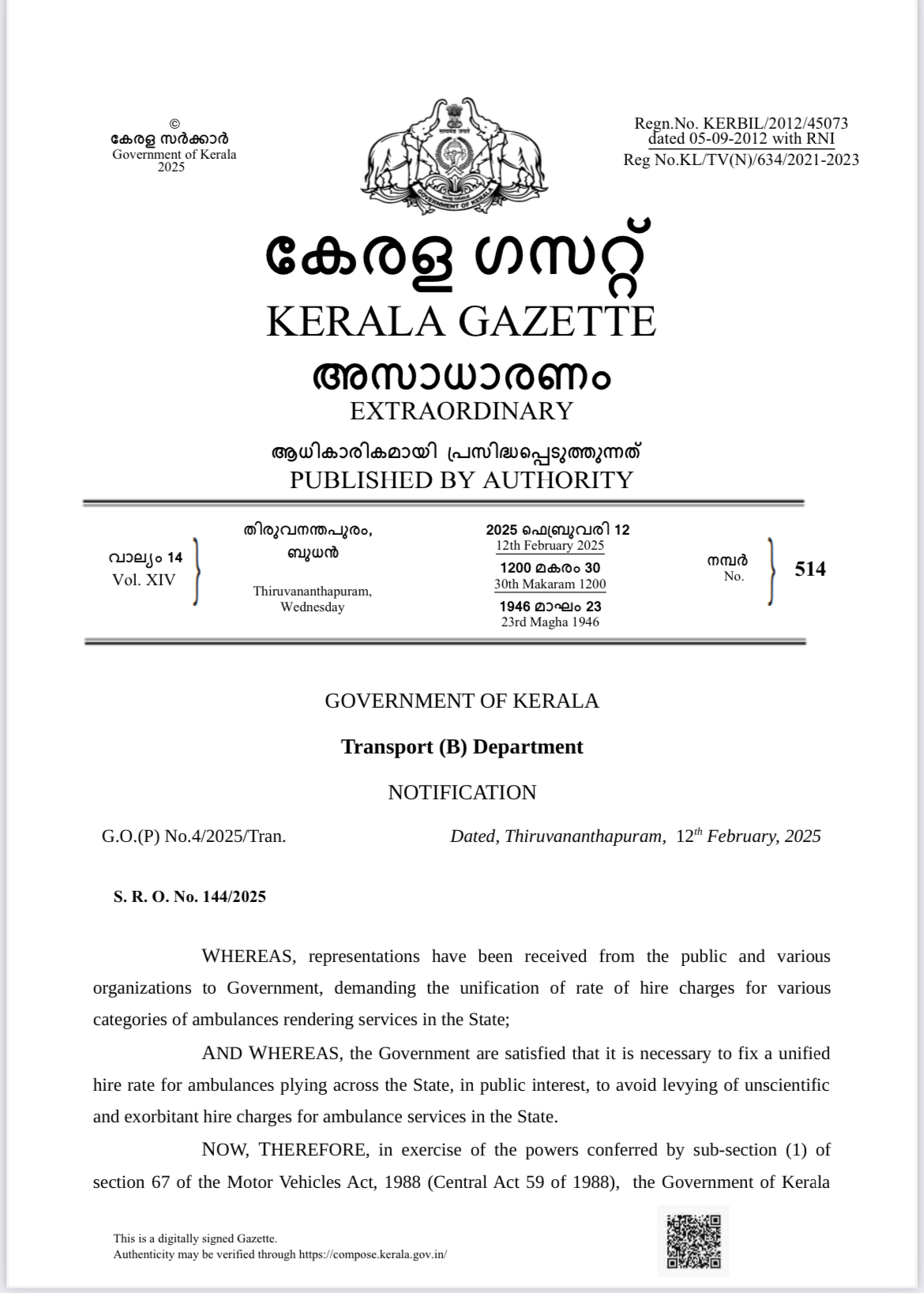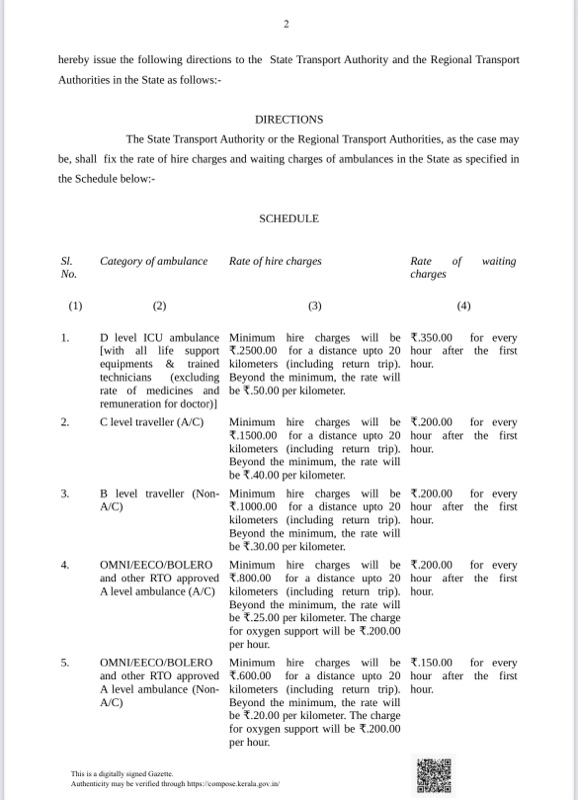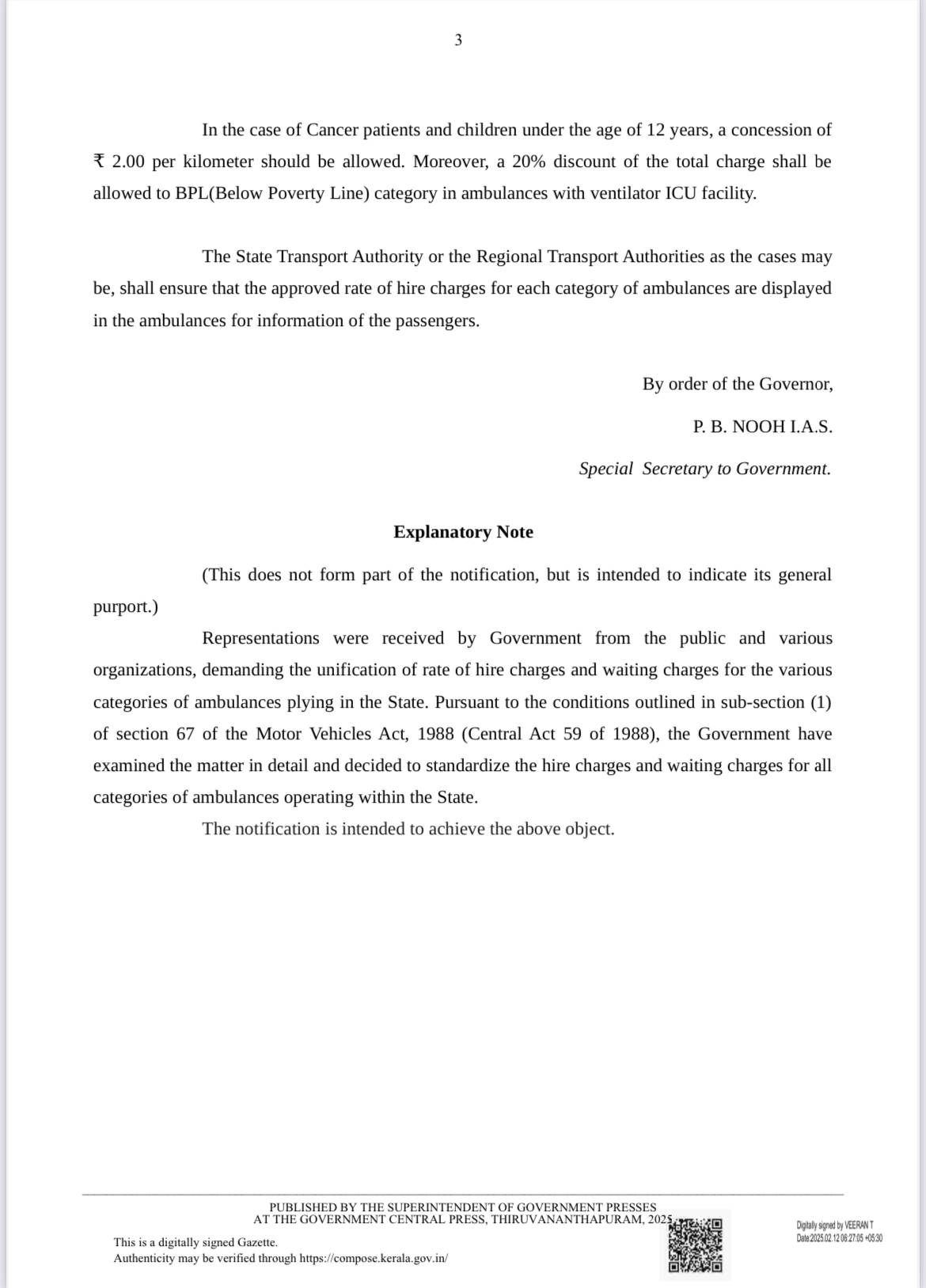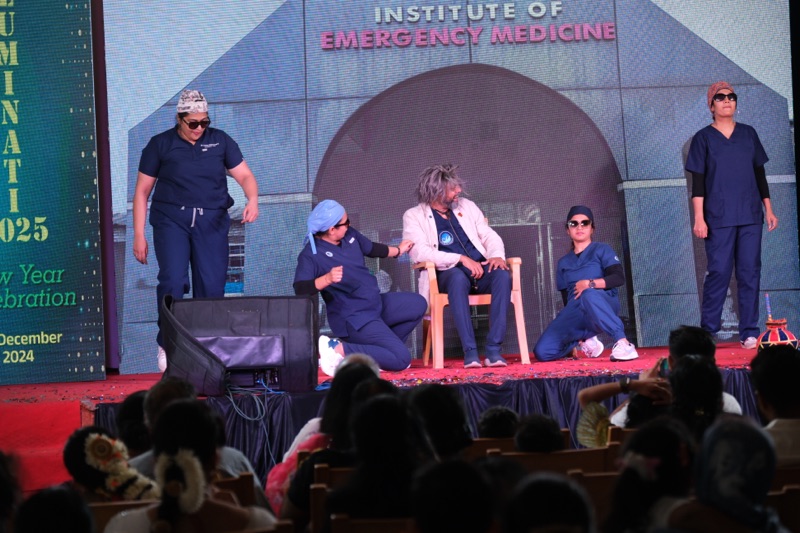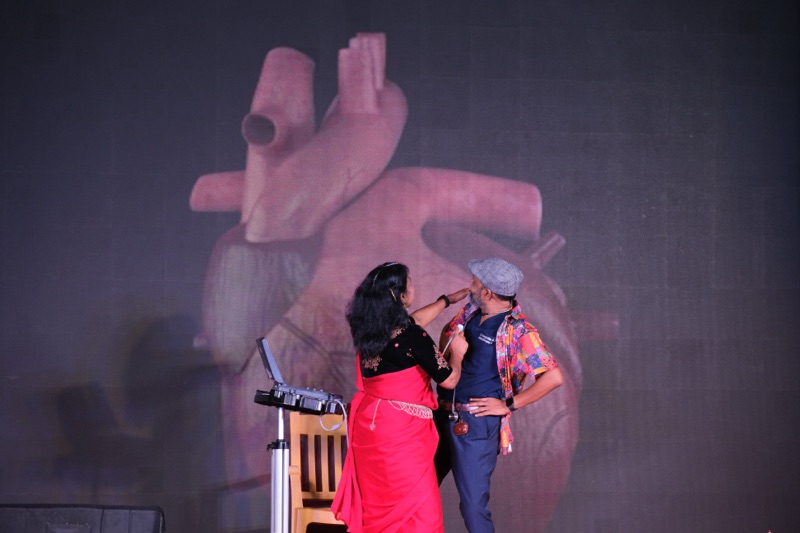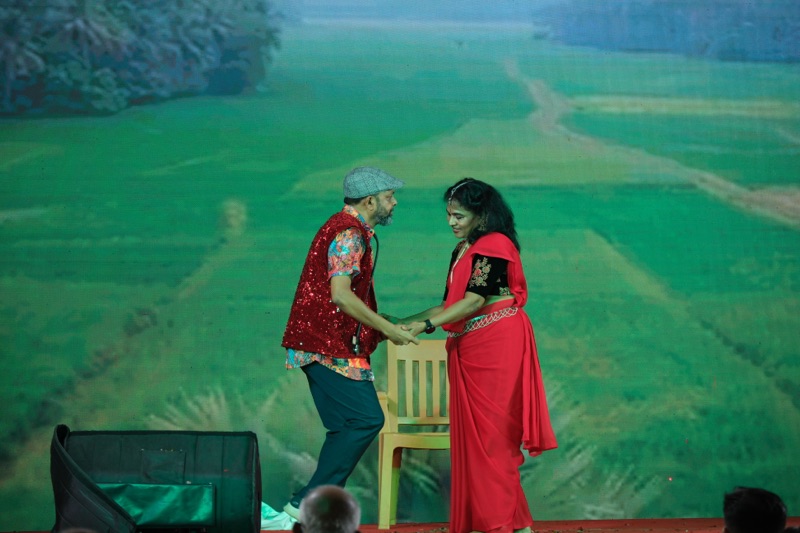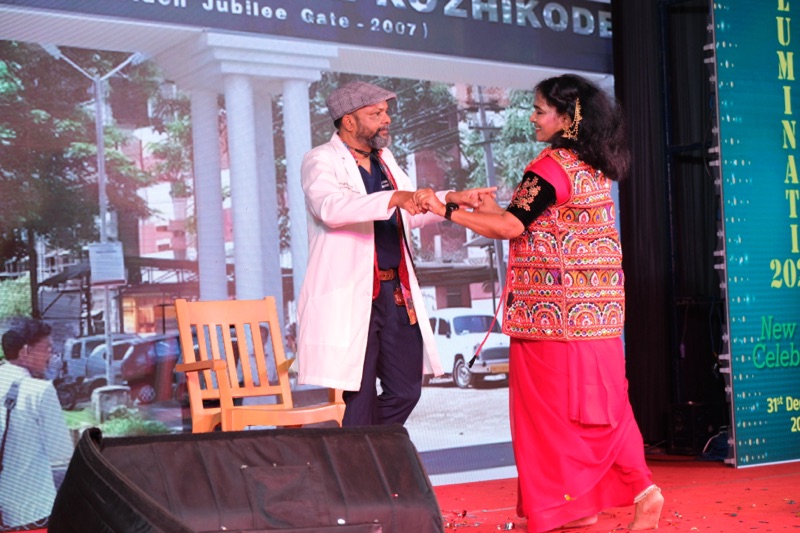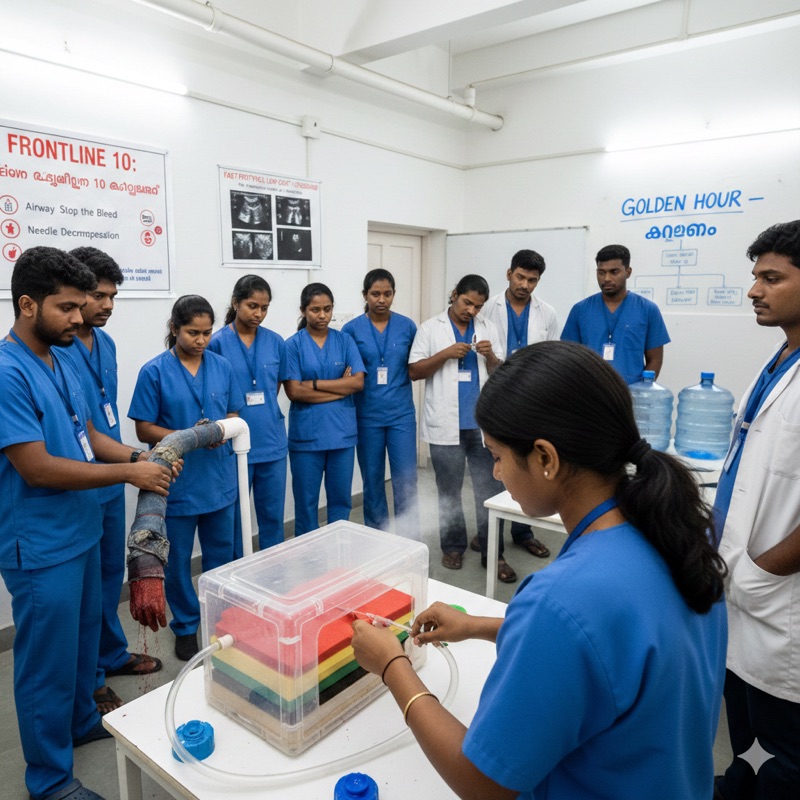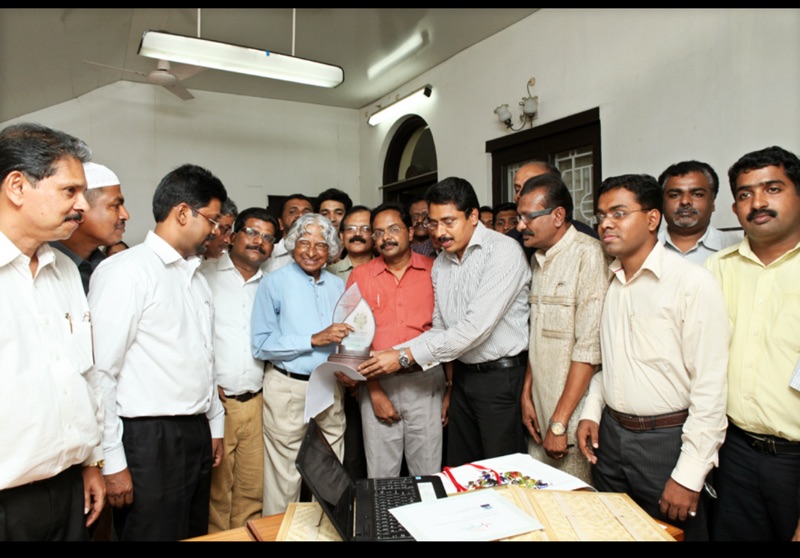
The Dream Takes Shape
February 18, 2011, is a day that will forever remain etched in my memory. It was the day we had chosen to launch our dream project ”Active Network Group of Emergency Life Savers (Angels), India’s first community-based ambulance network. The initiative was a bold, pioneering step in pre-hospital emergency care, connecting 20 ambulances initially through a GPS-GPRS system with a centralized console established at the Institute of Palliative Care Medicine , Kozhikode. Later this network grown up to a network of 600 Ambulances state wide .
The project was a Public-Private Partnership (PPP) model, a first-of-its-kind in the region, designed to bring emergency medical care to people’s doorsteps. The vision was clear: to create a robust, technology-driven, life-saving network that could revolutionize emergency response in India.
Our greatest honor was securing the consent of Dr. APJ Abdul Kalam, the former President of India, to inaugurate the project. It was a moment of immense pride and excitement, made possible through the efforts of Dr. PB Salim IAS, the then District Collector of Kozhikode and Chairman of Angels.
With Tagore Centenary Hall chosen as the venue, every detail was meticulously planned. The technical trials had been conducted, and our emergency access number, 102, was fully operational. The city was abuzz with anticipation’s everyone was eager to witness the launch of this revolutionary project.
A Sudden Setback
However, just a day before the launch, an unexpected roadblock shattered our excitement.
At a crucial final planning meeting at Adv. Jairaj’s office on Cherooty Road, Calicut, we received a call from Dr. PB Salim. His voice was heavy.
”Tomorrow’s inauguration will not happen.”
We were stunned, frozen, and speechless. The reason? Political pressure and intervention, particularly from ruling parties and local MLAs, who were determined to sabotage the initiative. There were strong objections and unreasonable interference’s something all too common in Kerala when innovative projects are introduced.
The news hit us like a thunderbolt. We had already announced the launch across press, media, and social platforms. Reverting everything now was not only embarrassing but heartbreaking. Months of relentless work, dedication, and hope seemed to crumble in an instant.
That night was sleepless. The entire board of directors, including Dr. PB Salim, Dr. Meharoof Raj, Sri TA Razak, Adv. Mathew Kattikkana, Adv. Jairaj, Dr. VP Balasubramanian, Adv. Suresh Menon, Sri Janardhanan IPS, Dr. KM Abdulla, Sri Mathew C Kulangara, Dr Supriya and Dr.Ajithkumar VT, Mustafa , and other members were devastated.
Mr. TA Razak placed a reassuring hand on my shoulder and said,
”Don’t worry, something good will come out of this”. But deep inside, we all felt defeated.
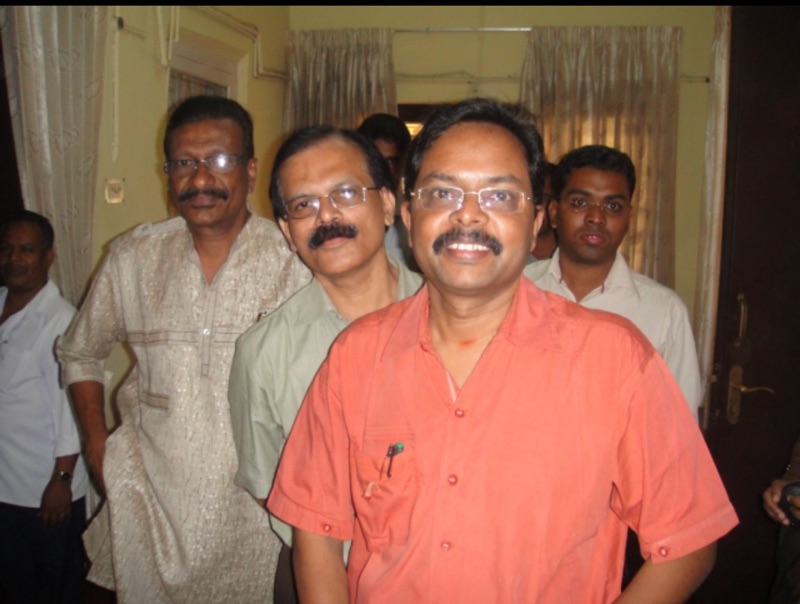
A Twist of Fate- A Secret Plan
At 10 AM on February 18, an unexpected call from Dr. PB Salim changed everything.
”All Angels board members should stay close by. Don’t be upset. A surprise is waiting for you”
His words sparked a glimmer of hope. Could there still be a way forward?
By 12:15 PM, another call came from Dr. PB Salim:
“Assemble at the PWD Guest House by 1:30 PM. We will launch Angels there-with Dr. APJ Abdul Kalam himself!”
It was a miracle.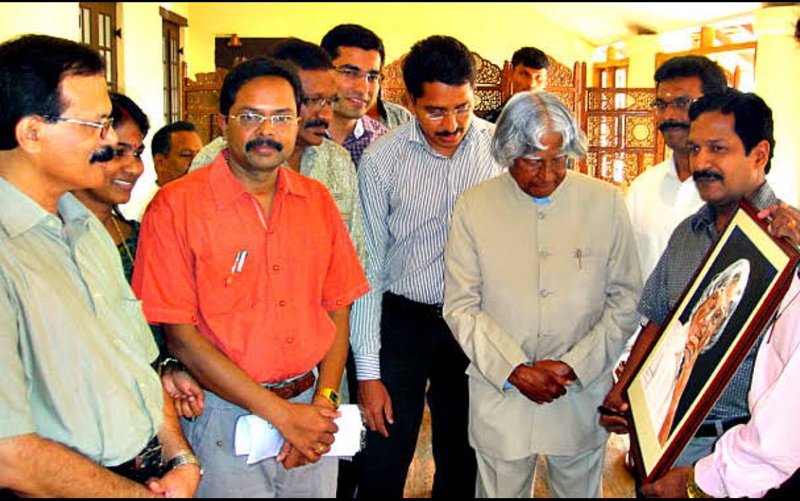
The Historic Moment - Angels Takes Flight
We rushed to the PWD Guest House, hearts racing with excitement. The event was no longer grand, no longer public, but it was about to become one of the most significant and intimate moments in our lives.
At exactly 1:30 PM, Dr. APJ Abdul Kalam arrived. His first words were:
“Where is the life-saving Angels?”
We stepped forward, overwhelmed with emotions.
With his characteristic humility and warmth, Dr. Kalam formally inaugurated Angels in a simple yet profound ceremony. The nation’s Missile Man gave his blessings to what would become a historic milestone in India’s emergency care system.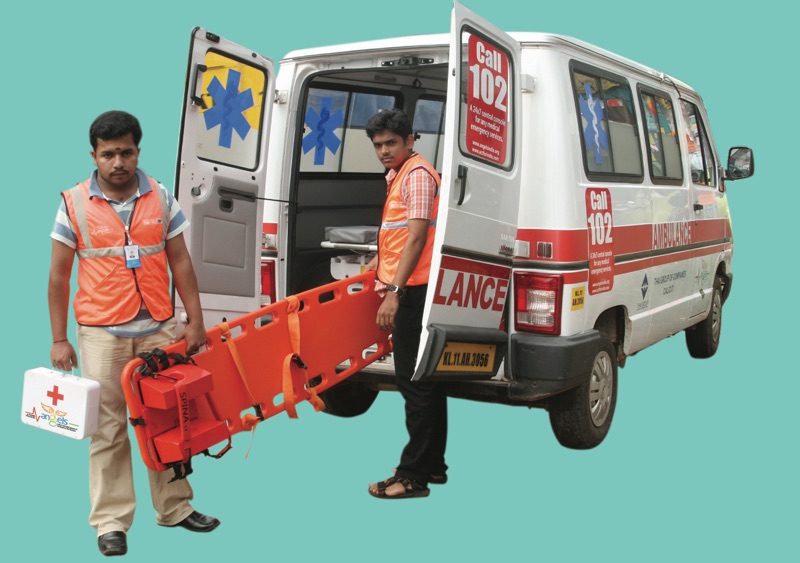
We presented him with the Angels memento, a token of our deep gratitude. Though the event was scaled down, it became even more special, proving that determination and the right leadership can overcome any challenge.
A Tribute to Dr. PB Salim
This incredible turnaround was made possible only because of Dr. PB Salim IAS. His leadership, courage, and unwavering belief in Angels ensured that no political pressure could stop a noble initiative.
Dr. Salim, you were the guardian angel behind Angels. We are forever grateful for your vision and support.
The Legacy Lives On
Despite its turbulent launch, Angels became a transformative force in emergency medical services. It was India’s first community-based ambulance network, proving that a well-coordinated, technology-driven, and community-supported initiative can save lives.
This story is not just about one event; it’s about resilience, passion, and the will to fight for what is right. It is a reminder that every great initiative faces challenges, but perseverance and teamwork can turn adversity into victory.
February 18, 2011, was not the day Angels was stopped. It was the day Angels truly took flight.

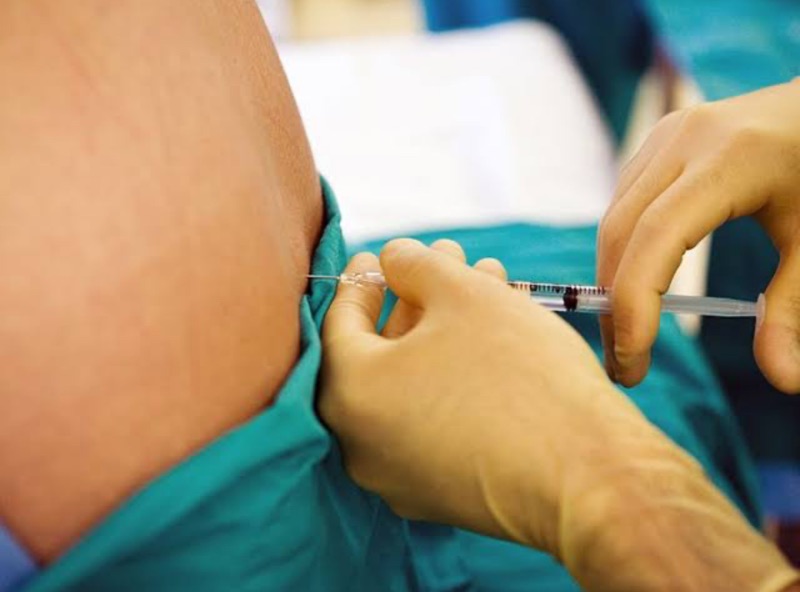 In the realm of anesthesia, precision and dexterity are paramount. Every movement of the hand, every controlled motion of the wrist, and every subtle adjustment determine the success of an anesthetic procedure. But what happens when something as seemingly trivial as an IV cannula placement changes the course of an expert’s career?
In the realm of anesthesia, precision and dexterity are paramount. Every movement of the hand, every controlled motion of the wrist, and every subtle adjustment determine the success of an anesthetic procedure. But what happens when something as seemingly trivial as an IV cannula placement changes the course of an expert’s career?